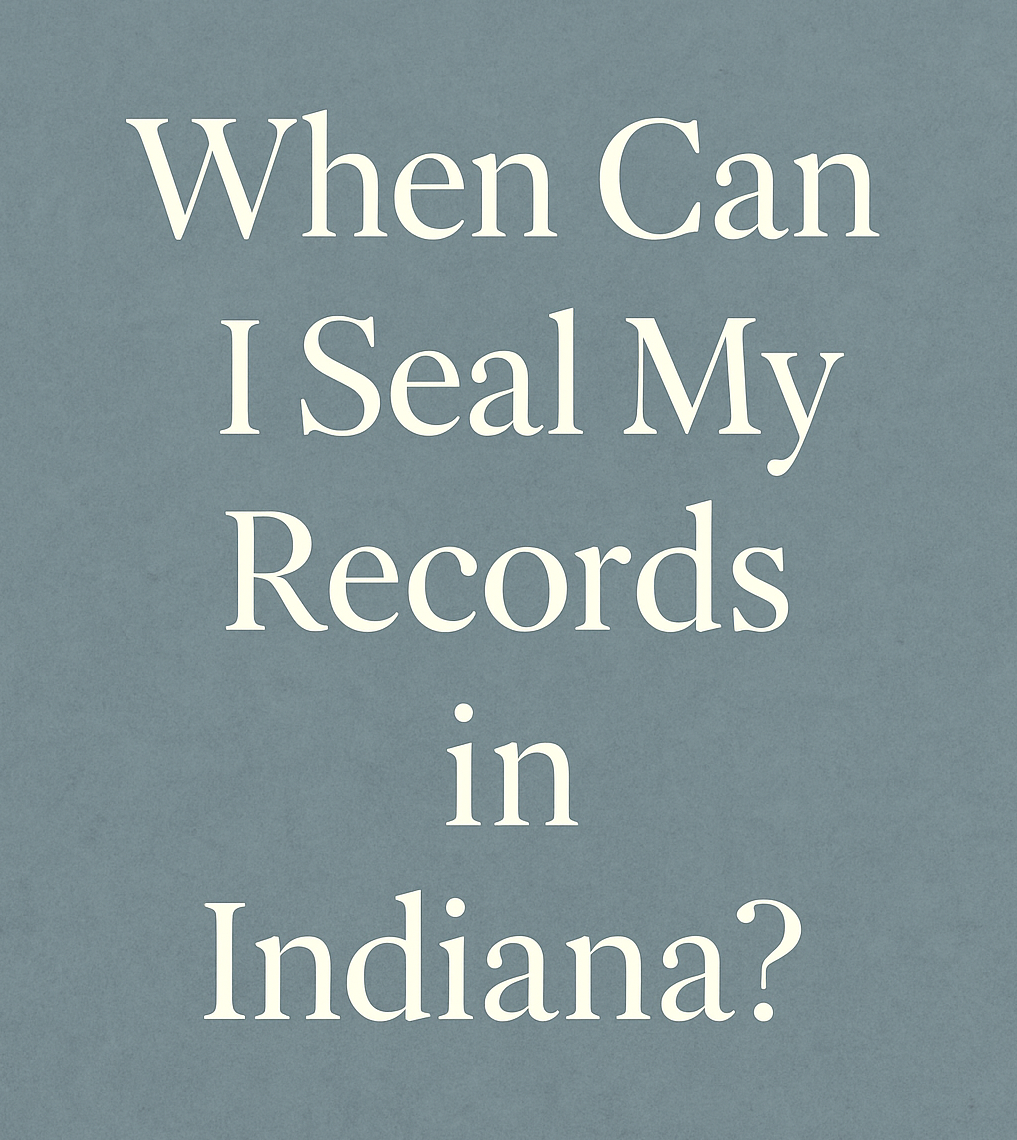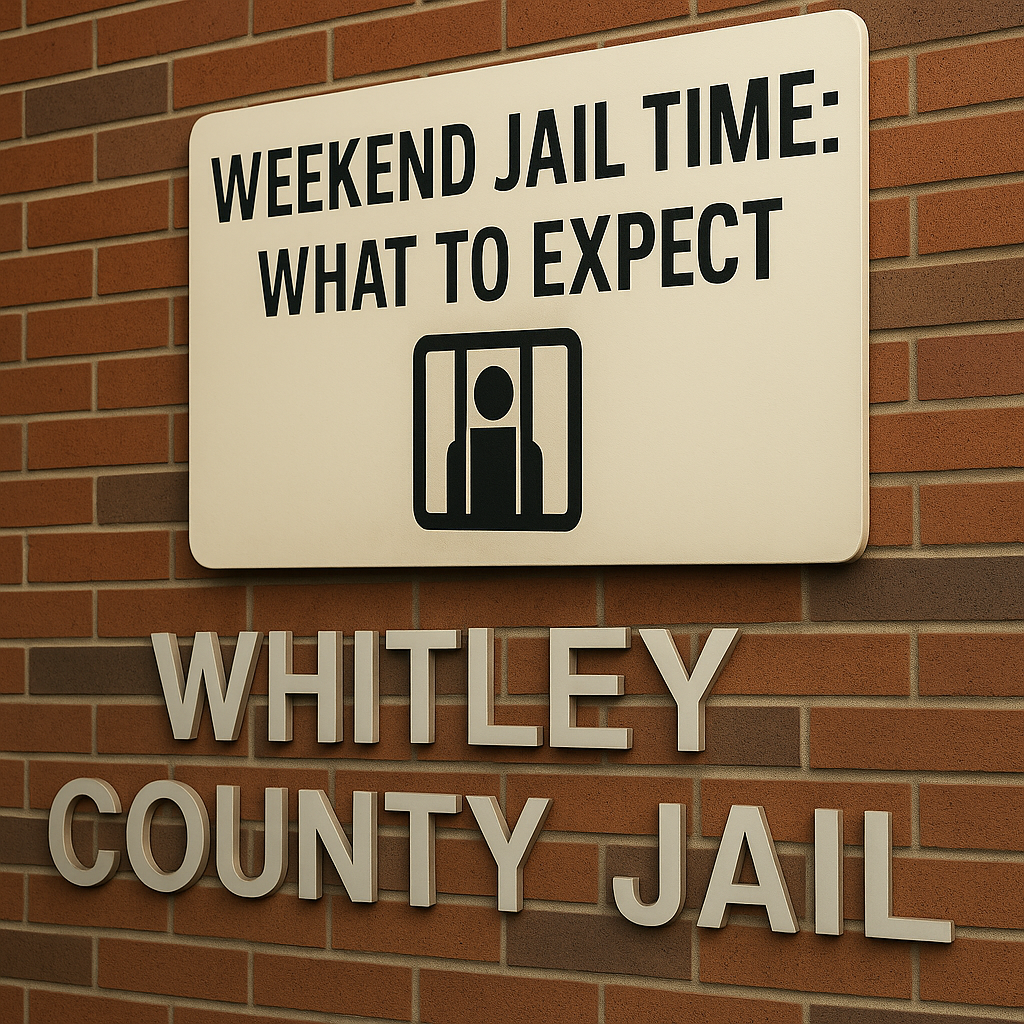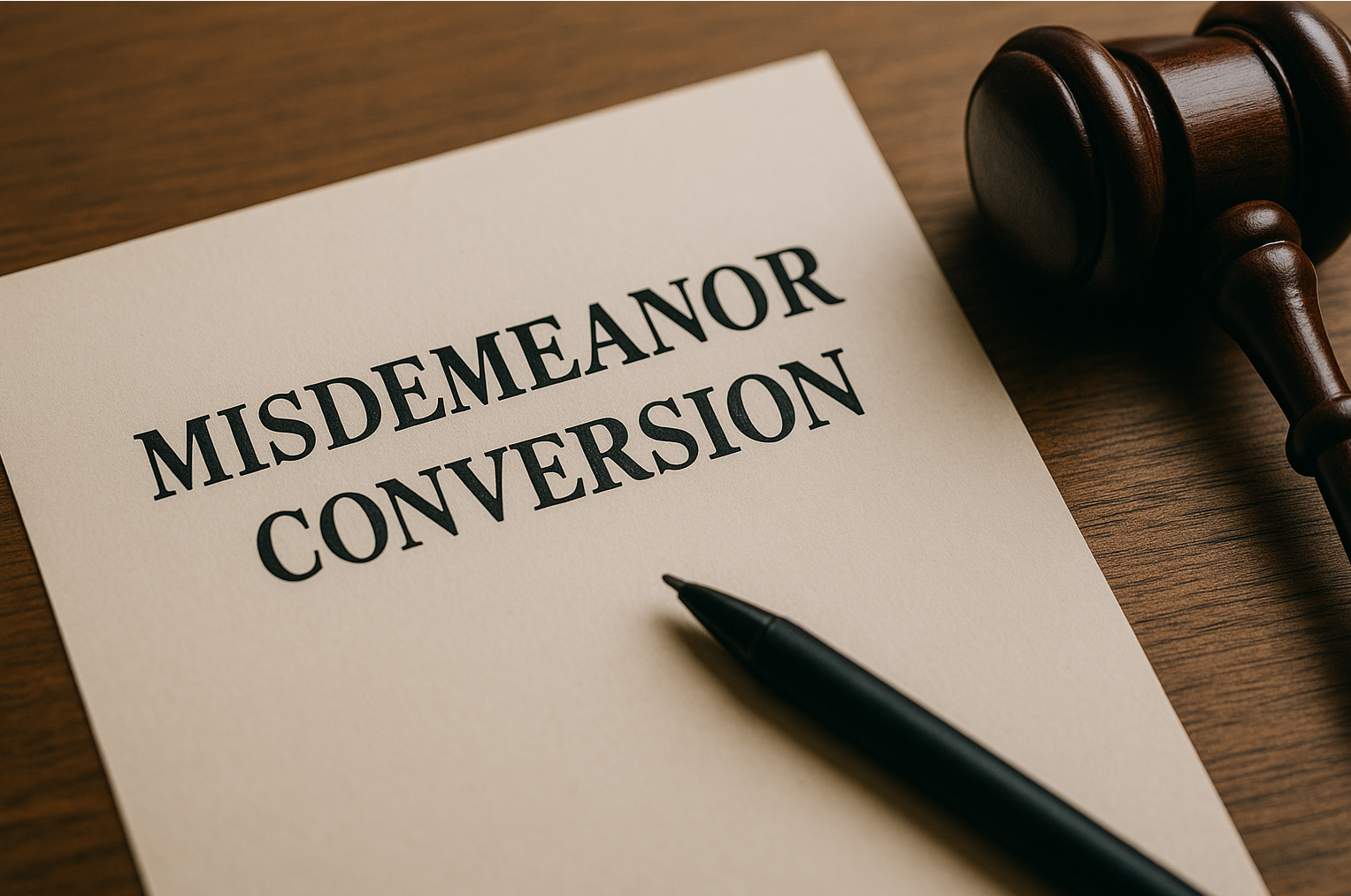When Can I Seal My Criminal Records In Indiana?
Zach Baber • August 5, 2025
If you’ve ever wondered when you can seal your records in Indiana, here’s what you need to know.

A criminal record can follow you for years, affecting your ability to get a job, rent an apartment, or qualify for certain licenses.
The good news is that Indiana law offers a way to seal or expunge certain criminal records so they’re no longer visible to the public.
(If you’re at the start of your case, you might also be wondering what happens at an initial hearing.)
What Does It Mean to “Seal” a Record?
When a record is sealed, it’s removed from public access.
Employers, landlords, and most background checks won’t be able to see it.
However, certain government agencies and law enforcement can still access sealed records in specific situations.
In Indiana, the process of sealing criminal records is part of the state’s expungement law under Indiana Code 35-38-9.
Sealing your record can open doors for housing and work.
In fact, our post on how criminal records affect employment in Indiana
explains why many people start the sealing process as soon as they qualify.
When Can You Seal Your Records?
Your eligibility to seal a record depends in part on whether your conviction was a misdemeanor or felony.
Not sure? Read our misdemeanor vs. felony guide.
1. Arrests Without Conviction
If you were arrested but never charged, or if charges were dismissed, you can usually request to seal those records one year after the arrest.
2. Misdemeanor Convictions (Including Class D Felonies Reduced to Misdemeanors)
You may qualify five years after the date of conviction, as long as:
- You have no pending charges.
- You’ve completed all terms of your sentence, including probation and restitution.
Eligible eight years after the date of conviction if:
- The offense is not excluded by law (certain violent and sex offenses are not eligible).
- All sentencing requirements and court costs are paid.
Some Level 6 felonies can be reduced to misdemeanors, which shortens the waiting period for sealing.
Learn more in our post on how to reduce a felony to a misdemeanor.
Who Is Not Eligible?
Indiana law excludes certain convictions from being sealed, including:
- Crimes of violence
- Sex offenses
- Human trafficking
- Official misconduct by a public servant
Sealing your record can:
- Improve employment opportunities.
- Open access to housing and professional licenses.
- Remove the stigma of a public criminal record.
- Offer a true second chance.
- Check Eligibility – Review your convictions and waiting periods.
- Gather Documentation – Court records, proof of sentence completion, and payment of fines.
- File a Petition – In the court where the conviction occurred.
- Attend a Hearing – In some cases, the judge will require one before granting your petition.
The timing for sealing your records in Indiana depends on your specific charges, the outcome of your case, and how long it’s been since your conviction or arrest.
If you’re unsure whether you qualify or how soon you can file, speaking with a local criminal defense attorney can help you avoid mistakes and speed up the process.
Even before your case ends, an attorney can help you prepare for sealing eligibility down the road. Find out when to call a criminal defense attorney.
Baber & Baber, P.C. helps clients in Columbia City, Whitley County, and across Indiana navigate record sealing and expungement.
Call us at (260) 244-4422 or click here to schedule an appointment online.











